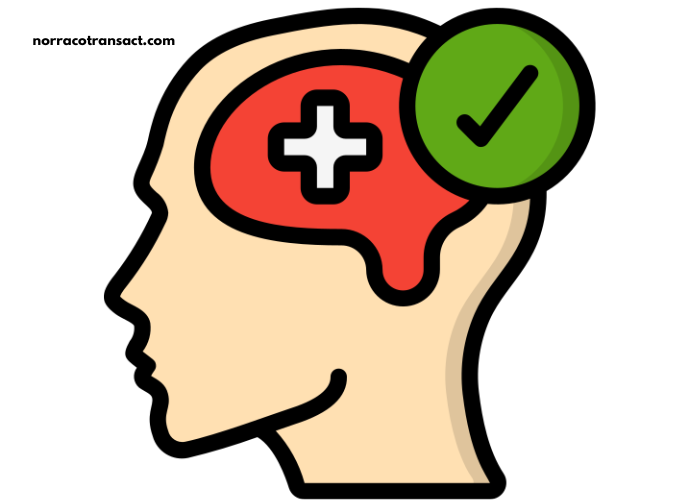Mental health is an essential aspect of overall well-being. It encompasses emotional, psychological, and social well-being, affecting how individuals think, feel, and behave. Raising awareness about mental health helps to eliminate stigma, encourage early intervention, and promote a culture of openness and support.
The Importance of Mental Health Awareness
- Reduces Stigma: Spreading awareness breaks down misconceptions and fosters a supportive environment.
- Encourages Early Intervention: Recognizing symptoms early can prevent worsening conditions.
- Promotes Support Networks: Encourages individuals to seek help and build resilience.
- Enhances Productivity: Good mental health contributes to improved focus, motivation, and overall efficiency in personal and professional life.
Common Mental Health Disorders
Understanding common mental health issues is the first step toward addressing them effectively.
Depression
Depression is a mood disorder that affects how a person feels, thinks, and handles daily activities. Symptoms include prolonged sadness, loss of interest in activities, changes in appetite, and sleep disturbances.
Anxiety Disorders
Anxiety disorders are characterized by excessive worry, panic attacks, and avoidance behaviors. Common types include generalized anxiety disorder (GAD), social anxiety disorder, and panic disorder.
Bipolar Disorder
Bipolar disorder involves extreme mood swings, including manic and depressive episodes. Proper treatment, including medication and therapy, is essential for management.
Post-Traumatic Stress Disorder (PTSD)
PTSD occurs after experiencing a traumatic event, leading to flashbacks, nightmares, and heightened anxiety.
Obsessive-Compulsive Disorder (OCD)
OCD involves unwanted and intrusive thoughts (obsessions) and repetitive behaviors (compulsions) aimed at reducing anxiety.
Coping Strategies for Better Mental Health
Implementing practical coping mechanisms can significantly improve mental well-being.
Practice Self-Care
- Engage in regular physical activity.
- Maintain a balanced diet.
- Ensure adequate sleep.
- Practice relaxation techniques like deep breathing and meditation.
Develop Healthy Relationships
- Surround yourself with positive and supportive individuals.
- Communicate openly with family and friends.
- Join support groups or community networks.
Manage Stress Effectively
- Identify stress triggers and address them proactively.
- Engage in hobbies and leisure activities.
- Use mindfulness techniques to stay present and reduce worry.
Seek Professional Help
- Consult a therapist or counselor when experiencing persistent distress.
- Consider medication when prescribed by a qualified healthcare provider.
- Participate in therapy sessions such as cognitive behavioral therapy (CBT).
Promoting Mental Health in the Workplace
Encourage Open Conversations
Organizations should create a culture where employees feel comfortable discussing mental health without fear of judgment.
Implement Employee Wellness Programs
Workplaces should offer mental health resources, including counseling services, wellness programs, and stress management workshops.
Maintain a Work-Life Balance
Encouraging flexible work schedules, regular breaks, and personal time can help employees maintain a healthy work-life balance.
The Role of Society in Mental Health Awareness
Educational Campaigns
Governments and organizations should run campaigns to educate the public on mental health and available resources.
Access to Mental Health Services
Ensuring accessible and affordable mental health care is crucial for widespread support and treatment.
Social Media Advocacy
Using social media to spread awareness and share personal experiences can help break stigma and encourage discussions around mental health.
Conclusion
Mental health awareness is vital for fostering a society that prioritizes emotional and psychological well-being. By understanding mental health disorders, implementing effective coping strategies, promoting workplace wellness, and advocating for broader societal change, we can create an environment where individuals feel supported, valued, and empowered to seek help when needed. Prioritizing mental health is not just an individual responsibility but a collective effort toward a healthier and more compassionate world.




